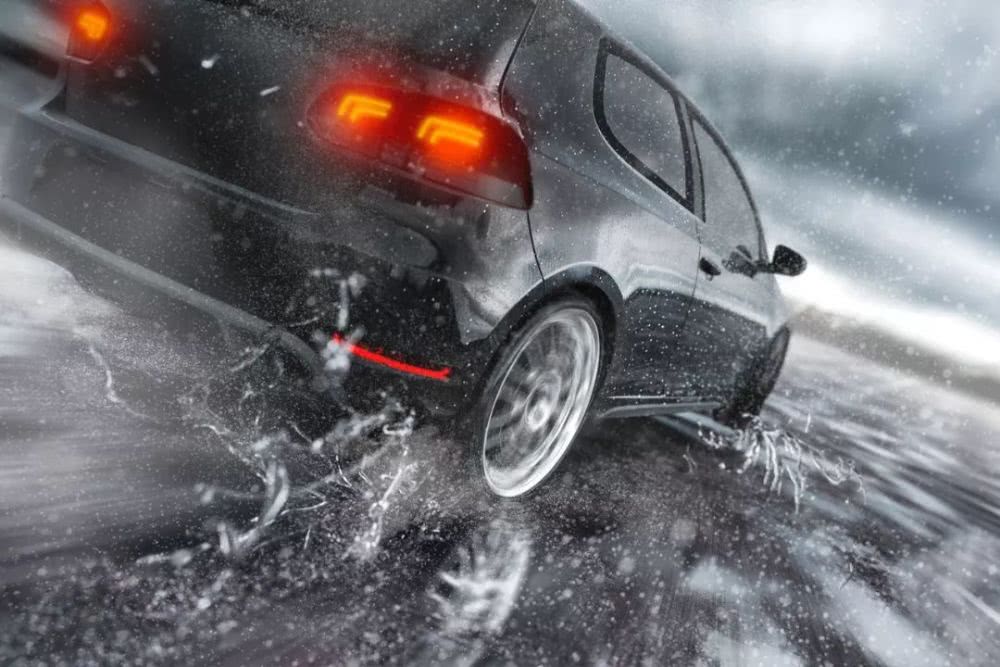Hydroplaning happens when a vehicle moves too quickly along a wet road. A layer of water accumulates under the tires; they lift up and lose traction; the driver loses control.
当车辆在潮湿的路面上开得太快时会出现打滑现象。轮胎下聚积的一层水会抬高轮胎,失去牵引力,驾驶员会失去对车辆的控制。
Now, what does NASA have to do with hydroplaning?
美国国家航空航天局与打滑现象有什么关系呢?
Here's an historical look at the science story.
我们来看下科学的历史。

Hydroplaning is a relatively new phenomenon for humans, given that the combination of high speed and smooth pavement that's necessary has only fairly recently become possible.
打滑现象对人们来说是相对较新的现象,因为高速和光滑的人行道也是最近相对才有的。
In fact, it wasn't until 1957 that a tire treadmill study first experimentally demonstrated hydroplaning “in action.”
事实上,直到1957年一台带轮胎的踏车最先通过试验演示了打滑现象的存在。
That study was motivated by airplanes.
那项研究是由飞机引发的灵感。
Hydroplaning had been causing a lot of problems for pilots landing on wet runways.
飞行员降落在潮湿跑道上,打滑现象已经给他们造成了大量的问题。
Here's where NASA comes in. NASA scientists wanted to figure out what hydroplaning was all about.
这也是NASA介入的原因。NASA科学家试图弄明白打滑现象究竟是怎么回事。













